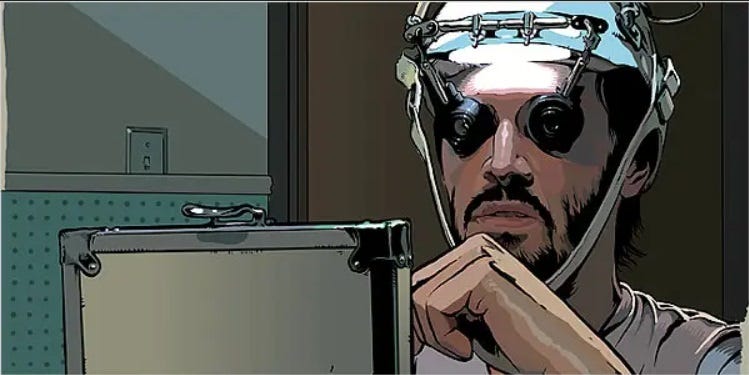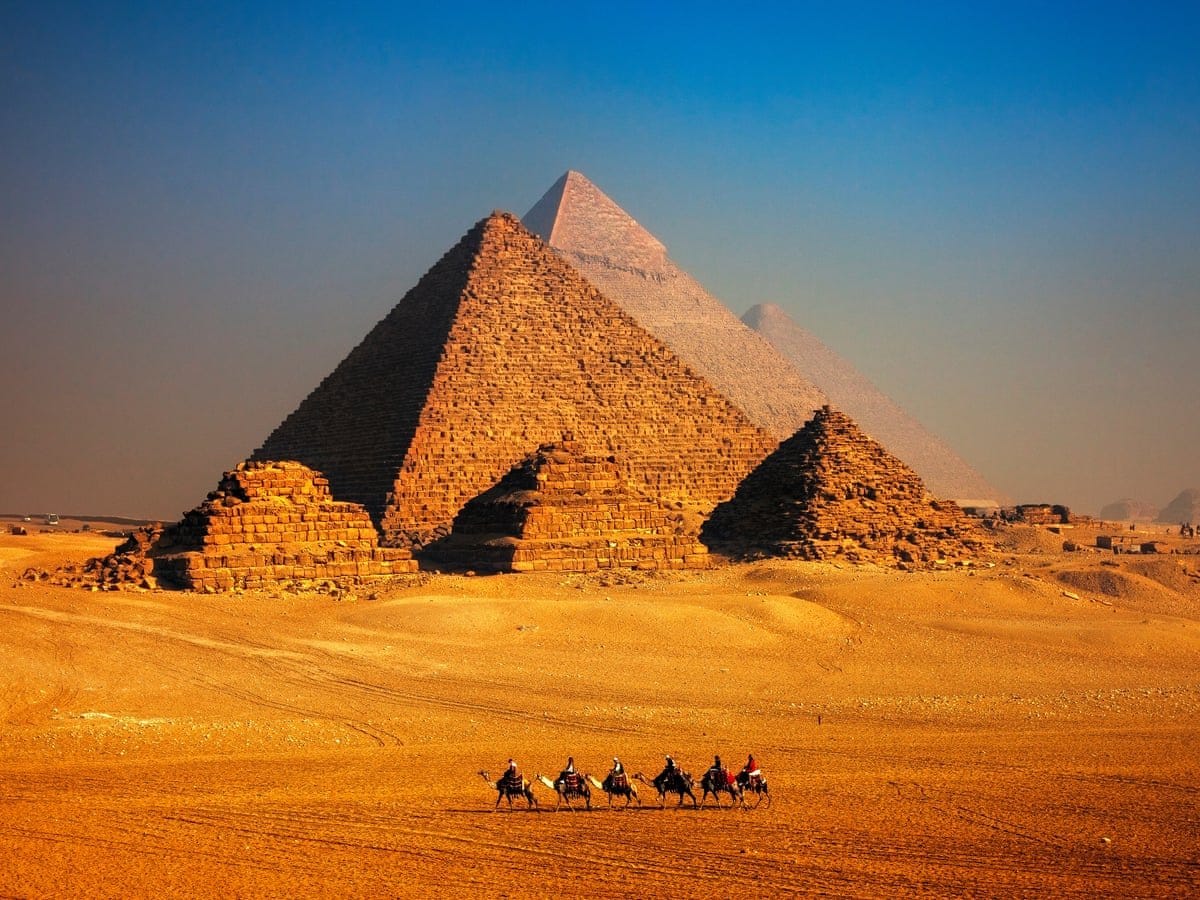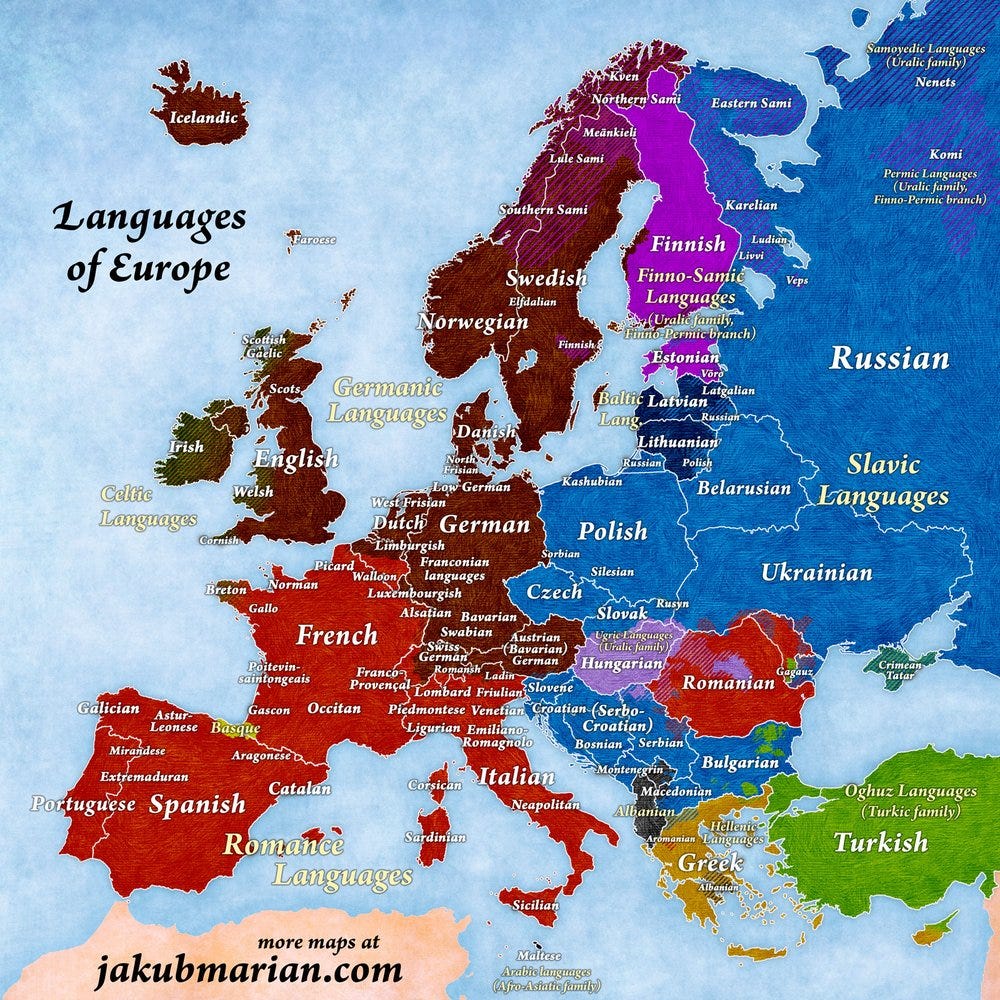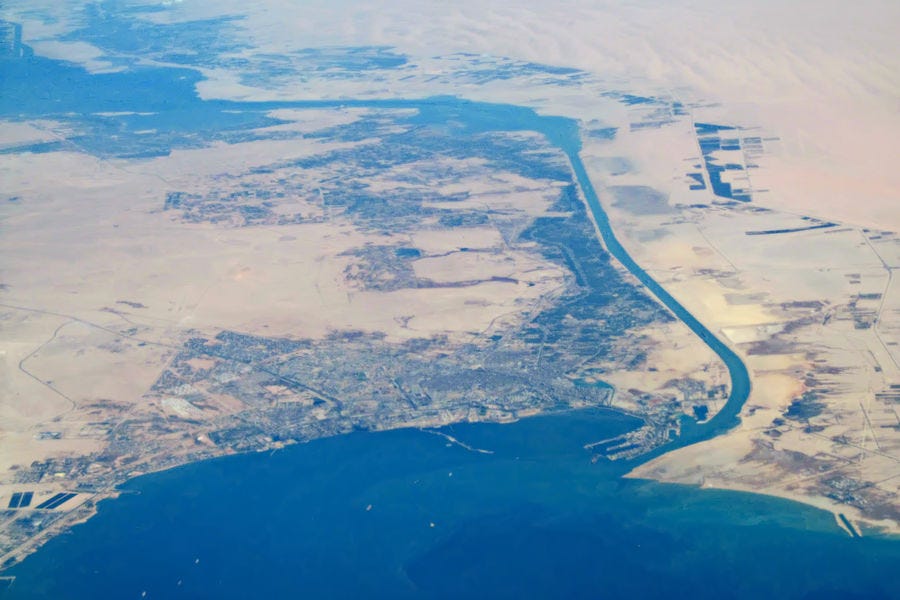When Virtual Reality becomes mainstream, we will no longer travel.
VR presents the opportunity for us to enjoy an unlimited buffet of all kinds of fantastic experiences, all from the comfort of our couches. These experiences can be grounded in reality (such as visiting foreign countries, or meeting with friends in virtual chat rooms), or they can be surreal—simulating our favorite universes (such as Harry Potter, Marvel, Lord of the Rings, Star Wars, etc.).
Given that opportunity, why would we still choose to travel through the physical world, to visit places outside of our normal sphere, to deal with a disruption of routines, unfamiliar geographies, foreign cultures, different dialects? Won’t we choose rather to just sit at home and plug into the matrix?
Already, we’re witnessing an explosion of entertainment technology. I personally have spent thousands of hours of my life playing video games— and I don’t regret it. In the past 20 years I’ve visited countless imaginary worlds and gone on impossible adventures, both by myself and with my best friends.
And it’s not just games—streaming services abound (Netflix, HBO, Hulu, Amazon, Disney), plus there are music platforms where you can listen to any song ever made, for free, instantly, effortlessly (Spotify, Soundcloud, Apple Music). And then there’s also all the other unbelievably addicting stuff on the internet, such as social media, pornography, youtube, reddit, and so on. And not all of it is detrimental or purely hedonistic— there’s also websites like Substack where you can read publications like The Apocalypse.
So if we already have all this entertainment at our fingertips, imagine how much more immersive things will be in the coming years, as technology continues to develop, and VR hardware allows us to break through the screen and dive directly into those experiences.
Why would we still want to travel?
And I’m not necessarily talking about flying a plane to a different continent, to a country where they don’t speak your language. Though that’s perhaps the most illustrative example, I’m also talking about travel in the sense of just leaving the house— going to a different neighborhood where you don’t know everything about the place, and where people don’t know your name.
All of those examples include the basic idea of getting outside our comfort zone— getting dressed, brushing our hair (and teeth), and moving our body somewhere new, or at least different. Breaking the routine. Entering the unknown. So why go through the trouble, if the internet can provide so much entertainment with so little effort?
So it is a possibility that VR will eliminate the demand for travel—but is it a certainty?
To answer that question, we have to go back to the fundamental question that belies the entire idea of travel, a question that is crucially important, yet all too often neglected. And by asking that question, we learn something incredibly important about our human nature, and why we do anything at all…
“If our lives are dominated by a search for happiness, then perhaps few activities reveal as much about the dynamics of this quest—in all its ardour and paradoxes—than our travels. They express, however inarticulately, an understanding of what life might be about, outside of the constraints of work and of the struggle for survival. Yet rarely are they considered to present philosophical problems—that is, issues requiring thought beyond the practical.
We are inundated with advice on where to travel to, but we hear little of why and how we should go.” — Alain de Botton, The Art of Travel
The fundamental question is this: “WHY?”
Why do we do it?
If we don’t have a good reason, then VR stands a very strong chance of supplanting it.
But there’s something bigger at stake here, because there’s something particularly insightful about travel, since, by definition, it takes us outside of the typical settings and patterns that define our everyday lives. Because travel is a departure from the norm, away from our home and our routines and the people who know us, it presents a special opportunity for us to examine ourselves. We can see how we act in these new environments and compare that to how we act in our “regular life.”
When we examine our reasons for travel, we come to understand a lot about ourselves in the process.
The Staycation
First, you might already assume that travel is inherently valuable, and needs no justification. Travel is so embedded in our modern culture that we take it for granted as something desirable by default. Everyone does it, right? Even if we don’t all go to other countries on vacation, we leave our own neighborhoods constantly.
But it has not always been this way. In fact, most people throughout history did not have the desire to leave their homes.
“Let’s consider, for example, the popular desire to take a holiday abroad. There is nothing natural or obvious about this… The elite of ancient Egypt spent their fortunes building pyramids and having their corpses mummified, but none of them thought of going shopping in Babylon or taking a skiing holiday in Phoenicia.” — Yuval Noah Harai, Sapiens - A Brief History of Humankind
In essence, for most of human history, the mere task of survival was usually so all-consuming that people rarely had the luxury of even thinking about a vacation. The elites who were above this kinds of hardship chose, instead of travel, to focus on improving their lives at home, whether by expanding the borders of their dominion, upgrading the infrastructure within, or vainfully constructing palaces or monuments to themselves.
Meanwhile, the masses were relegated to their house, their farm, their workshop. They barely scraped by from month to month, just making enough to get by. They didn’t have excess cash to leave town, nor could they find someone to carry out their responsibilities in their absence. They stayed in their local village or town from birth to death.
For most of the history of civilization, for both plebians and patricians, life was parochial.
It’s true that things did begin to change slightly as religions spread, and pilgrims were inspired to visit the holy lands, or the home of a saint. However, these types of trips were pipe dreams for the average devotee, often prohibitively dangerous, difficult, and expensive. Sea travel was incredibly risky, even through the 1600s. And the roads were no safer.
Remember Robinson Crusoe? The novel is based on hundreds of real stories that occurred in the 17th and 18th centuries. In the book, the protagonist travels from the Brazils to Portugal, and on the way he is interrupted by a deadly storm, which wrecks his ship, drowns his entire crew, and strands him on an uninhabited island for 28 years.
28 years!
And that was pretty normal for sea voyages, even something as “smal” as the Mediterranean sea. Same thing happened to Saint Paul in the Bible days, though he wasn’t stranded for so long.
But for Robinson Crusoe, nearly three decades later, when he finally returns to Portugal, he is (understandably) terrified to make the rest of the voyage to England by sea. And yet the road by land is by no means safer. So he has to hire a guide to take him across both Spain and France.
“We sent for this guide, who told us he would undertake to carry us the same way, with no hazard from the snow, provided we were armed sufficiently to protect ourselves from wild beasts; for, he said, in these great snows it was frequent for some wolves to show themselves at the foot of the mountains, being made ravenous for want of food, the ground being covered with snow. We told him we were well enough prepared for such creatures as they were, if he would insure us from a kind of two-legged wolves, which we were told we were in most danger from, especially on the French side of the mountains.”
And even this “safer” route they only barely survive.
It’s amazing to me to think of how dangerous it was to travel, even in the 17th century. You would imagine that a fellow could take a walk down the road to the next town over, and see the sights, sample the cuisine, and meet some new folks. Sounds nice, if it were only so easy. He would most likely get killed along the way, if not from the weather, then from animals, and if not from that, then—most horrifying to contemplate— from other men!
And even if he could make it to another town, what would he do there? Assuming it’s far enough away to be foreign and exotic and novel, how would he get around? There’s no Uber, no Airbnb, no Google Maps, no TripAdvisor, no Yelp. And if they speak another language— forget it. There’s no Duolingo, no Google Translate, no globalized English. They might even have a different currency, in which case all that excess cash would be worthless. Unless he had relatives or friends, there would be no one to take him in. He’d be stranded in a desert, surrounded by incomprehensible strangers. Remember the Terminal, with Tom Hanks?
No, instead, most people just stayed at home. Every vacation was a staycation.
This historical lack of travel fully explains the development of so many different languages. Just think about how many emerged in the tightly compacted environment of Europe alone—there are over 38 major languages spoken in Europe today.1
Meanwhile North and South America, which are by landmass significantly larger, are dominated by only two languages: Spanish and English.2 But this concentration of dialects can be easily explained by the fact that these continents were settled after the advent of expeditionary travel.
In fact, for thousands of years, the only people who frequently traveled were soldiers and merchants. And Mercantilism only escalated at the beginning of the Renaissance, with the rise of the Medici clan.
Modern Nomads
Even after trading routes become well established, it would be a long time before the average private citizen could travel the globe. This was only made possible around the year 1872, when three noteworthy technological developments occurred simultaneously: the completion of transcontinental railroads in (1) America and (2) India, and (3) the opening of the Suez Canal. When this happened, “it sparked the imagination that anyone could sit down, draw up a schedule, buy tickets and travel around the world, a feat previously reserved for only the most heroic and hardy of adventurers.”
And the excitement provoked by this revolutionary opportunity is brilliantly captured in the novel Around the World in 80 Days, by Jules Verne. The protagonist, Phileas Fogg, accepts a wager to accomplish the titular task, which at that time was so dramatic because it was theoretically possible, but practically unimaginable, due to the multitude of transitions necessary to complete the journey. If any of the sections of the journey experienced even a minor delay, he would miss a transition, and the trip would take longer than 80 days.
Every section of the trip had to be executed flawlessly for the wager to succeed.
So the novel is noteworthy because it marks the first time that global travel was a realistic possibility, and therefore when it first entered the public consciousness as something desirable.
Strange as it may seem, travel has not been a common occurrence for most of history. In fact, it only become popular about 150 years ago!
But Around the World in 80 days is also significant for us because it provides a counterexample to the philosophy of travel, by imaginging a person who travels for all the wrong reasons. Phileas Fogg is a very peculiar person, with many eccentricities. When people ask him why he decided to accept such an impossible wager, he curiously responds that he is only traveling for the sake of the wager. He took it because he was offered it. He literally could not care less about any of the sights or experiences on the journey:
“Seldom having the curiosity even to go upon the deck, he passed through the memorable scenes of the Red Sea with cold indifference; did not care to recognise the historic towns and villages which, along its borders, raised their picturesque outlines against the sky; and betrayed no fear of the dangers of the Arabic Gulf.”
Above: The Suez Canal which connects the Mediterranean Sea and the Red Sea.
All the other characters are so baffled by his behavior that they compare him to a robot. And this does seem ridiculous— what's the point of journeying through all these exotic nations and beautiful landscapes if you're not going to appreciate them, but are merely rushing towards the end so you can get home sooner?
Why leave home at all?
Look at the comparison that Verne makes between Fogg and another traveler, a fellow Englishman who has fulfilled the highest aspiration of many travelers—complete immersion into the foreign culture:
“Sir Francis [had] made India his home, only paying brief visits to England at rare intervals; and was almost as familiar as a native with the customs, history, and character of India and its people.
But Phileas Fogg, who was not travelling, but only describing a circumference, took no pains to inquire into these subjects; he was a solid body, traversing an orbit around the terrestrial globe, according to the laws of rational mechanics…
The general only saw in the wager a useless eccentricity and a lack of sound common sense. In the way this strange gentleman was going on, he would leave the world without having done any good to himself or anybody else.”
On the one hand you have Francis, a traveler so deeply rooted in India that he knows everything about the country and the features of its culture, and on the other hand you have Fogg, who is completely oblivious to the richness of the nation and its people, forsaking the immense opportunity right before his eyes. “A useless eccentricity” indeed.
Fogg is described in scientific terms, and travels purely as a means to an end—to go back home again. Sure, there is the wager, but he's already a rich man and doesn't even need the money. So the novel also helps us see a perfect example of why NOT to travel. You don't travel just to get back home again. You don't just travel just for the sake of traveling. There has to be some other motivation or justification underlying the endeavor.
Above: Phileas Fogg “describing a circumfrence” around the world. What an exciting journey.
Conclusion
So then, why do we travel?
It may seem like something we do as a matter of course, something as natural as brushing our teeth— but it was not always this way. And it may not be this way in the future, especially as opportunities for entertainment continue to proliferate, and as our technology advances, making that entertainment more and more seductive.
For thousands of years, fear for our safety kept us in our homes; now it may simply be the fear of discomfort, or—worse—fear of boredom.
We don’t just travel just to travel. There has to be some other reason to justify the requisite risks and disruptions to our routine.
This question of “WHY” was raised by Alain de Botton in The Art of Travel, and in that book he does an excellent job of providing his own answers—answers gleaned from both personal experiences and historical anecdotes.
Unfortunately, I don’t have the space to unpack them here, so we will look at them next week.
But until then, what are your reasons for leaving home?
“Major languages” defined as having over 2,000,000 speakers.
Yes, the there is a smattering of Portuguese and French in the Americas, but it pales in comparison to the prolificacy of English and Spanish.











